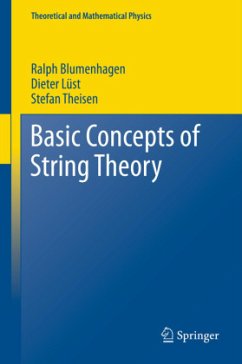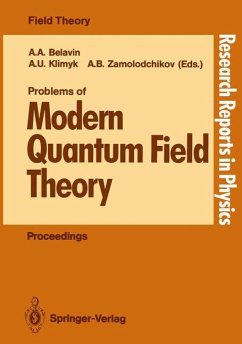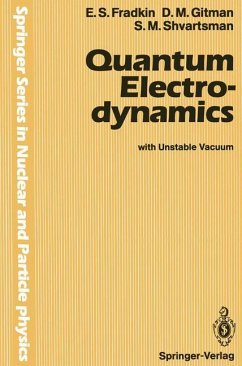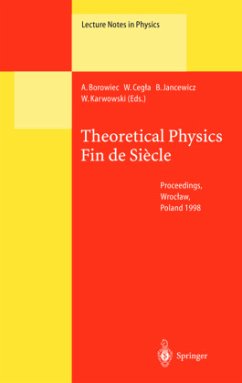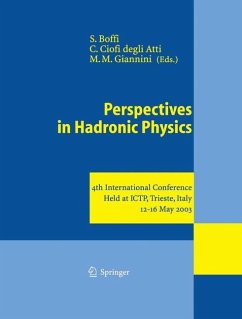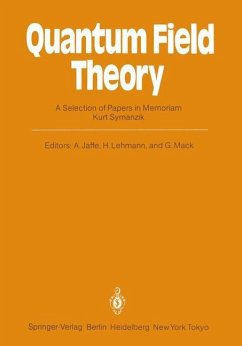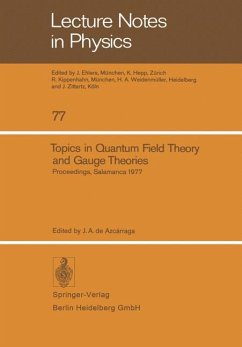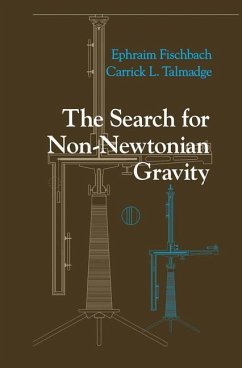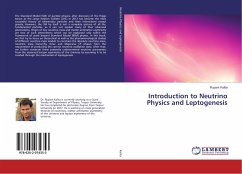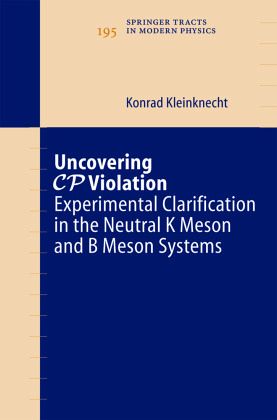
Uncovering CP Violation
Experimental Clarification in the Neutral K Meson and B Meson Systems

PAYBACK Punkte
58 °P sammeln!
Uncovering CP Violation deals with one of the crucial ingredients necessary to create the observed matter-antimatter asymmetry of the universe. There is one force in nature which acts differently on matter and antimatter. This phenomenon was discovered in decays of neutral K mesons in 1964. In a long series of ever refined experiments between 1964 and 2001, it was shown that this force emerges as a part of the weak interaction between quarks ("direct CP violation"). It is due to flavor mixing of three quark families. This picture was confirmed by experiments on neutral B mesons, which also dem...
Uncovering CP Violation deals with one of the crucial ingredients necessary to create the observed matter-antimatter asymmetry of the universe. There is one force in nature which acts differently on matter and antimatter. This phenomenon was discovered in decays of neutral K mesons in 1964. In a long series of ever refined experiments between 1964 and 2001, it was shown that this force emerges as a part of the weak interaction between quarks ("direct CP violation"). It is due to flavor mixing of three quark families. This picture was confirmed by experiments on neutral B mesons, which also demonstrated CP violation in 2001. The book describes the experiments that uncovered the nature of CP violation and the phenomenology describing CP violation. The author Konrad Kleinknecht received the Leibniz award of the Deutsche Forschungsgemeinschaft 1990 and the Gentner-Kastler prize and medal of SFP and DPG 2001.






